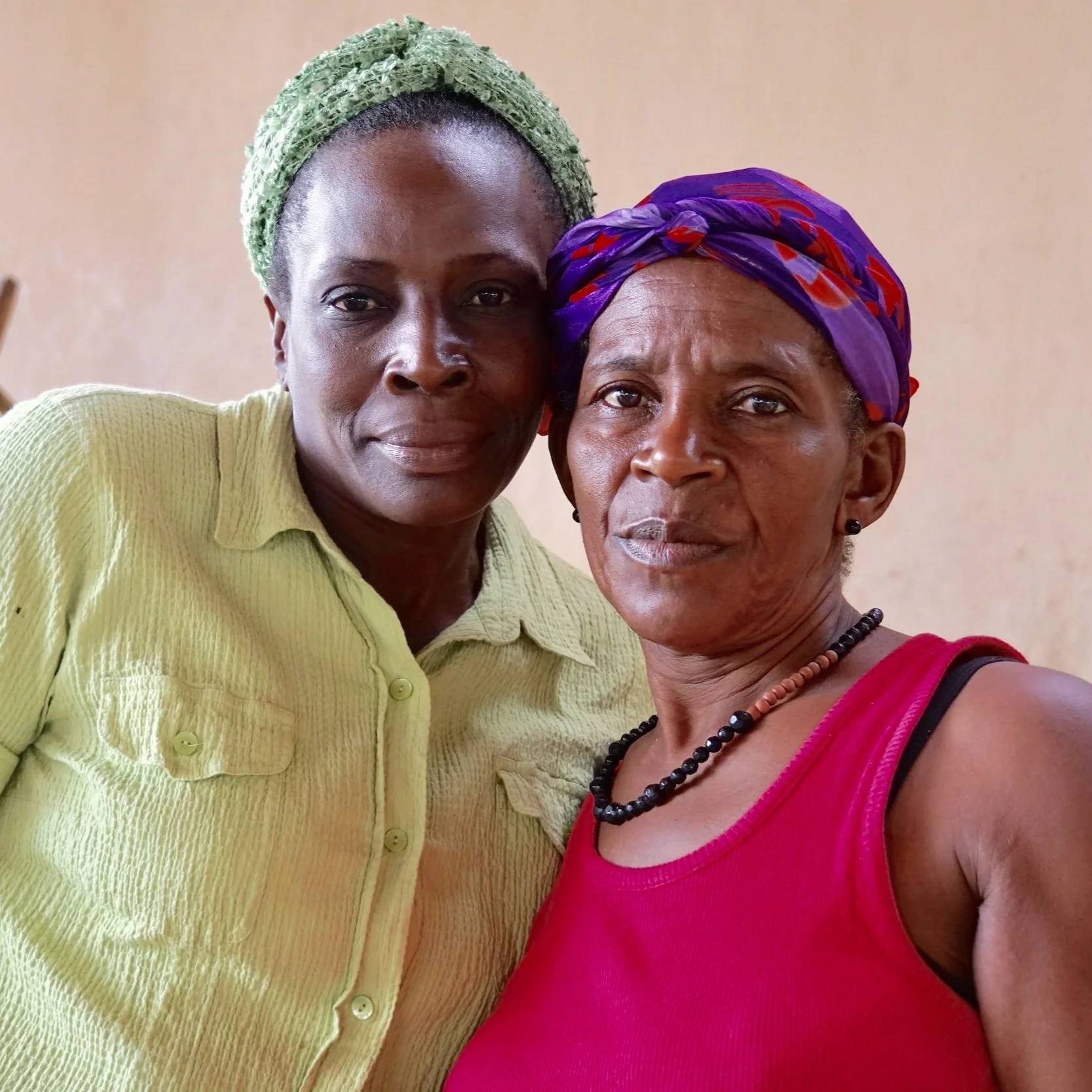In Action: Technical Assistance
Haiti
Partners:
The Global Fund (TGF)
GAVI
World Bank
USAID
Haiti Ministry of Public Health and Population (MSPP)
SHIFO
Village Reach
Background
The national logistic management information systems in Haiti was designed to capture data in a fragmented way, making data aggregation at the facility and national level difficult, and resulting in stock-outs and expiries at all levels of the health system. Challenges included:
Difficulties in timely and accurate site-level reporting
Limited central level data aggregation for decision making
Poor data quality with limited systems in place for quality control
Paper-based logistic data collection and consolidation was labor intensive and prone to errors
Supply chain data governance was not optimal
Available data was not widely accessible and/or shared, making it difficult to achieve critical efficiencies
Our Intervention
The objective of the project was to: optimize the functionality of the current LMIS system; and provide technical expertise and advocacy for the development, pilot, and implementation of an innovative national comprehensive LMIS solution in Haiti to improve stock visibility and contribute to supply-chain performance monitoring, working closely with the National Supply and Distribution System (SNADI)-LMIS working group (SNADI/national working group support).
Medical Access as part of a consortium including SHIFO and Village Reach provided the following services:
✓ Conducted a Logistics Management Assessment that included a document review, site visits to assess establish the logistics management situation at health facilities and stakeholder engagements to obtain insights of the structure, design, operating model, information and product flow process maps for HIV, TB, Malaria, vaccines, and other key products.
✓ Designed and deployed an optimized LMIS and Capacity Building for PSI and conducted staff training covering (a) LMIS design and operating model including of LMIS governance, structures, records, forms, workflows, key performance indicators and reports (b) Use of Smart Paper technology to digitize LMIS data (c) use of dash boards and data analytic tools; and (d) Policies, guidelines, and procedures.
✓ Provided support to SNADI and LMIS TWG by designing the LMIS National TWG Documents and collaborating with SNADI, LMIS TWG and PSI to develop a plan and budget for implementing the pilot phase. Additionally, the consortium worked with SNADI, GAVI and the EPI program to establish equipment inventory to support data and temperature monitoring requirements and ensure alignment with norms set by WHO alert systems.
✓ Rolled out the smart paper LMIS system.
✓ Developed the eLMIS and Data governance strategy detailed the LMIS design and operating model.
✓Supported the National Scale Up and Consolidation by providing capacity Building, communication, and advocacy for LMIS District Level Leadership. Additionally, the consortium provided close support to enable a smooth transition and consolidation of eLMIS.
Results
Together with the Ministry of Public Health and Population (MSPP), and with support from The Global Fund (TGF), the consortium successfully introduced and implemented new paper based LMIS tools in 2020. The tools were introduced in three departments with a total of 195 Health Service Delivery Points that cover the ‘Malaria, TB, Vaccination, Nutrition, Family Planning, Essential Medicines, HIV/ARV’ programs.
In 2021 the LMIS tools were scaled up to the remaining seven districts in Haiti. Feedback was collected from different partners, including Health Institution (HI) managers, departmental pharmacists, program managers and national partners, in order to collate the lessons learned and ensure they could be applied to improve the implementation of the solution during Phase 2. The Phase 2 scale-up will be completed in 2023 and will see the introduction of the new LMIS tools to the whole of Haiti, which consists of ten departments and a total of 755 health facilities.

